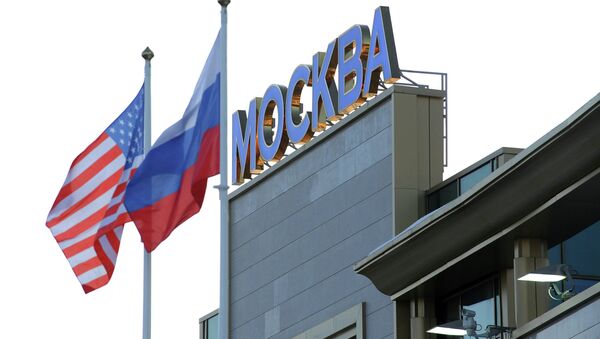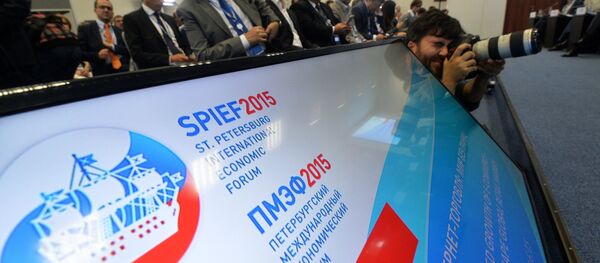“Before the tensions began, the two countries had actively used the presidential commission as a platform for cooperation,” Zasypkin said. “They planned many projects, and laid foundation for future mechanisms [of cooperation]. It was a functioning body, and the two countries cooperated through it. At present, all the work is frozen, and it was not our initiative.”
“And their [US] position on participation in events proves this,” he added referring to the US stance on the upcoming St. Petersburg International Economic Forum (SPIEF) in Russia.
A State Department official told Sputnik earlier in May that the US government has decided not to send any representatives to the upcoming St. Petersburg International Economic Forum (SPIEF) in Russia, and has cautioned US companies against working with the Russian authorities.
As relations between the West and Moscow cooled amid the crisis in Ukraine, the United States and some of its allies imposed several rounds of personal and economic sanctions against Russia. Moscow refuted the allegations and responded by restricting food imports from countries who backed anti-Russian sanctions.



